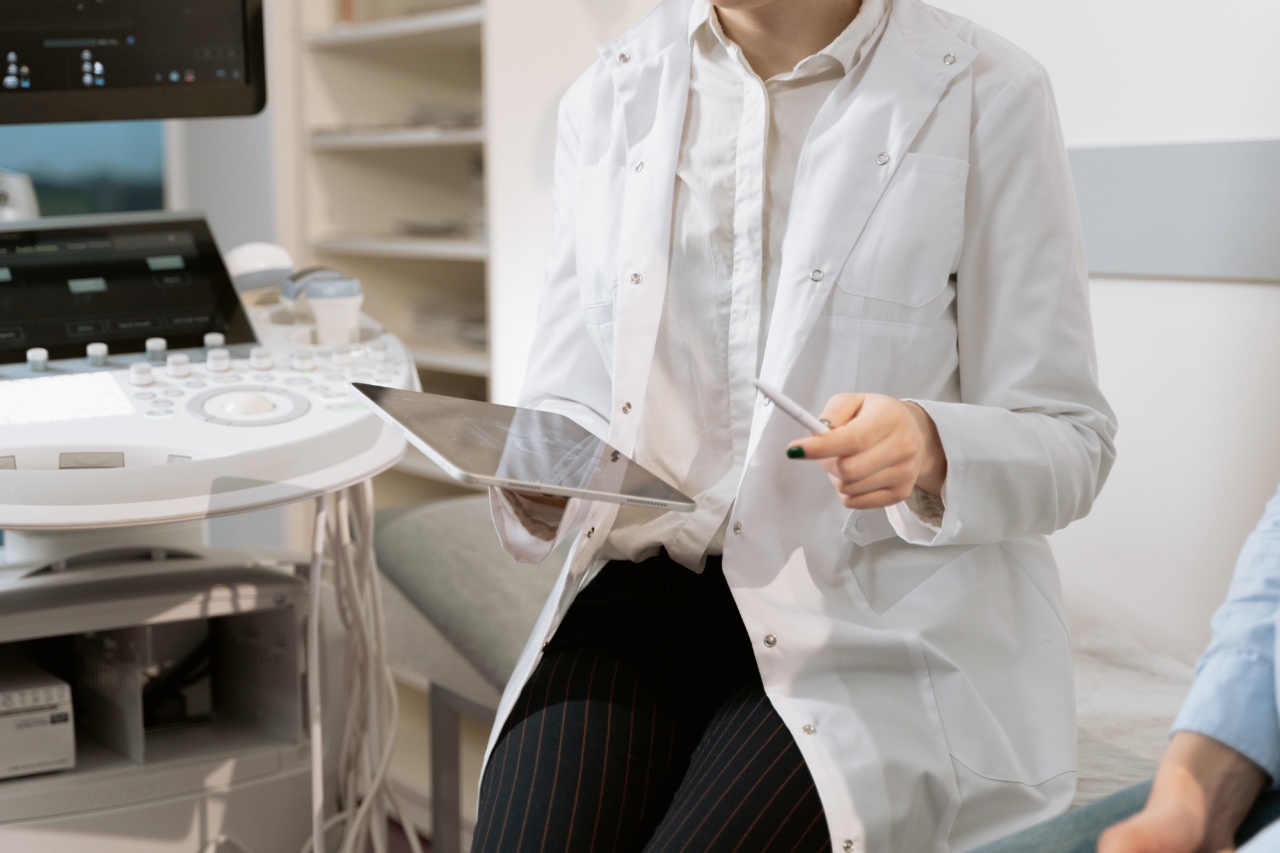Regular health screening plays a crucial role in maintaining overall well-being, yet many women tend to overlook or delay these essential check-ups. As a result, potential health issues often go undetected until they progress to more serious stages.
Women must prioritize health screening to ensure early detection and timely intervention, as well as reduce the risk of developing chronic diseases that can impair their quality of life. This article explores why women should prioritize health screening and highlights its numerous benefits.
The Importance of Early Detection
Early detection is a key factor in successfully treating and managing various health conditions.
By undergoing health screening regularly, women can identify underlying health problems at an early stage, when intervention is often simpler and more effective. Many diseases, such as breast cancer, cervical cancer, and cardiovascular diseases, are more treatable when caught early.
Routine screenings can help detect these conditions before noticeable symptoms emerge, significantly improving the chances of successful treatment and recovery.
Prevention and Risk Reduction
Health screening not only facilitates early detection but also empowers women to make necessary lifestyle changes and minimize their risk factors.
Through screenings, women can identify their risk levels for conditions such as diabetes, hypertension, and osteoporosis. Armed with this information, they can take proactive steps to reduce the risk of developing these conditions through lifestyle modifications, such as adopting a healthier diet, engaging in regular exercise, and managing stress effectively.
Screenings Tailored to Women’s Health
Women-specific health screenings are designed to address the unique health concerns and risks that women face. These screenings go beyond general check-ups and focus on conditions that predominantly affect women.
Some examples of screenings tailored to women include:.
1. Mammograms
Mammograms are specialized X-ray scans that help detect early signs of breast cancer. Early detection through regular mammograms significantly increases the chances of successful treatment and survival.
2. Pap Smears
Pap smears are tests used to screen for cervical cancer. Regular Pap smears can detect precancerous cells in the cervix, enabling early intervention to prevent the development of cervical cancer.
3. Bone Density Scans
As women age, they face an increased risk of osteoporosis, a condition characterized by weak and brittle bones.
Bone density scans can identify early signs of bone loss, allowing women to take necessary steps to prevent fractures and maintain healthy bone mass.
4. HPV Testing
Human papillomavirus (HPV) testing is recommended for sexually active women, as certain strains of HPV can lead to cervical cancer. Regular testing allows for early detection of HPV infections and timely intervention.
5. Cardiovascular Screening
Heart disease is a leading cause of death among women. Cardiovascular screenings, including blood pressure checks and cholesterol tests, can assess women’s risk of developing heart disease and help implement preventive measures.
Routine Health Check-ups
Aside from specialized screenings, women should also prioritize routine health check-ups.
These appointments serve as an overall assessment of their general health and help identify potential issues that may require further investigation or specialized testing. Routine check-ups often involve:.
1. Blood Pressure Measurement
Regular blood pressure measurements can help detect hypertension early, allowing for intervention and management to prevent complications such as heart disease and stroke.
2. Cholesterol Level Testing
High cholesterol levels contribute to the development of cardiovascular diseases. Regular testing ensures early detection, enabling appropriate dietary and lifestyle changes to maintain healthy cholesterol levels.
3. Blood Glucose Monitoring
Monitoring blood glucose levels helps identify the risk of diabetes or prediabetes, allowing women to make necessary dietary and lifestyle modifications to prevent or manage the condition.
4. Breast Examination
In addition to mammograms, regular breast examinations can help detect any changes or abnormalities in the breasts. Self-examinations and professional clinical breast exams aid in the early detection of breast cancer.
Psychological Well-being and Mental Health
Health screening extends beyond physical health, as it also encompasses mental and emotional well-being. Routine screenings can identify mental health conditions, such as depression and anxiety, early on.
Early intervention, counseling, or therapy can significantly improve mental health outcomes and help women lead fulfilling lives.
Addressing Health Disparities
Health screening can play a crucial role in addressing health disparities that disproportionately affect women. Women from underserved communities or marginalized backgrounds may face additional barriers to healthcare access.
Prioritizing health screening helps ensure that all women can receive timely healthcare, reducing the impact of health disparities and aiming for equitable health outcomes for all.
The Role of Education and Awareness
One of the primary reasons women may overlook health screening is due to a lack of awareness or understanding about its importance.
Education and awareness campaigns focusing on the benefits of health screenings, the available tests, and risk factors can empower women to prioritize their health. Providing accurate information and debunking myths surrounding screenings can contribute to better health-seeking behaviors.
Conclusion
Women should prioritize health screening to safeguard their well-being, detect potential health issues early, and reduce the risk of chronic diseases. Early detection and intervention can significantly improve treatment outcomes and quality of life.
By taking charge of their health and undergoing routine screenings, women can proactively manage their physical and mental well-being, ensuring a healthier future for themselves. Prioritizing health screening is an indispensable investment in one’s long-term health and vitality.





























